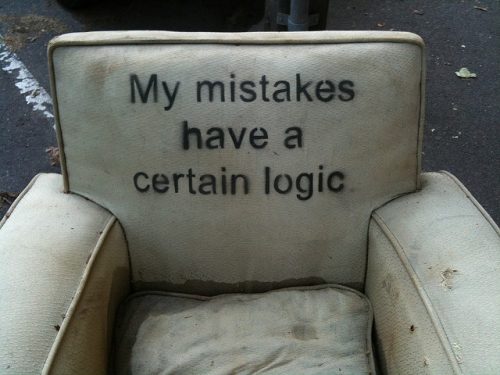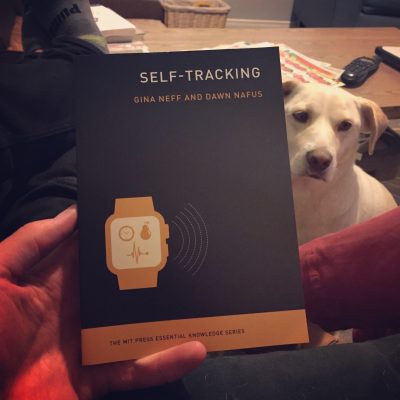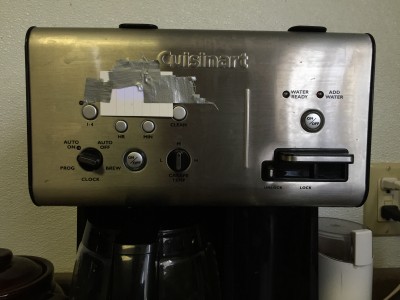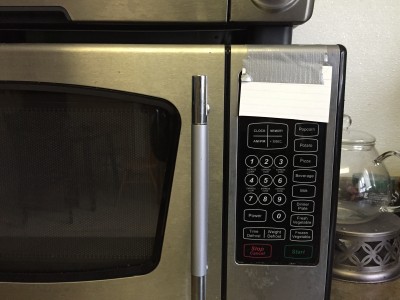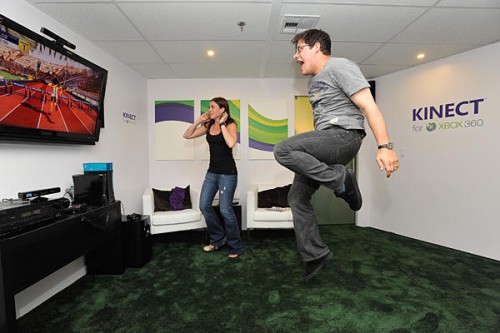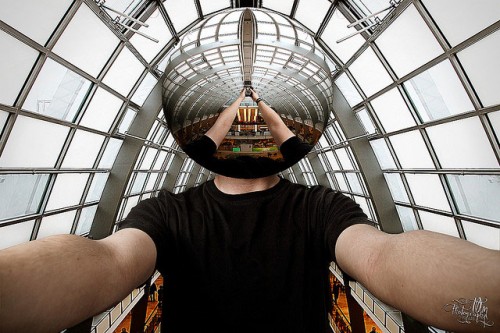
The following contains light spoilers for William Gibson’s novel, The Peripheral.
I just finished The Peripheral, William Gibson’s latest novel, published in 2014. Generally, the work documents two different futures: a time not too far off from now (maybe 15 years or so?) and then around 70 years after that. Overall, it’s extremely Gibsonian in its plot and narrative arc (my wife asked, “what’s that about?” as I started it and I could only reply, “I’ll tell you after page 50”), and for that I really loved it. His visions of the future are informed by so much more than the utopian technolust or dystopian apocalypse of Hollywood or most pop speculative fiction. Instead, they are filled with nuanced socio-political prescience, the kind that just seems to make sense as logical progressions from our current trajectory.

